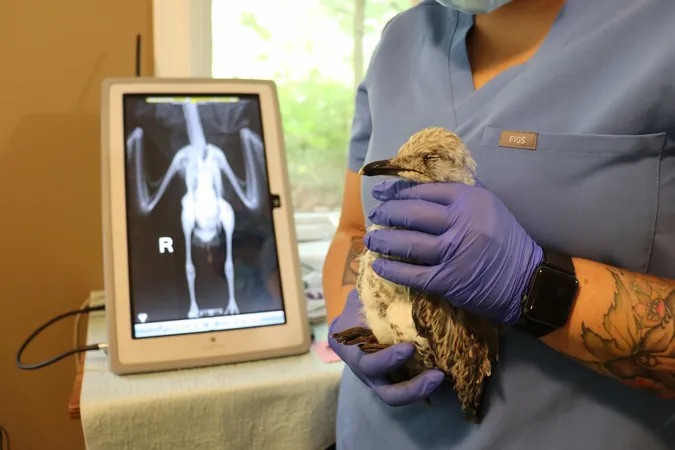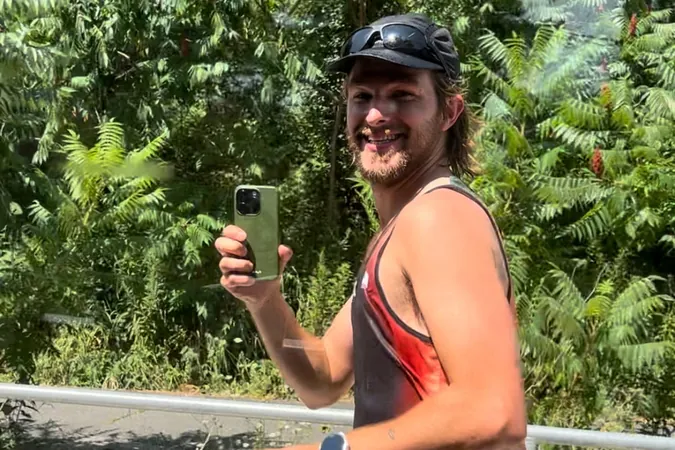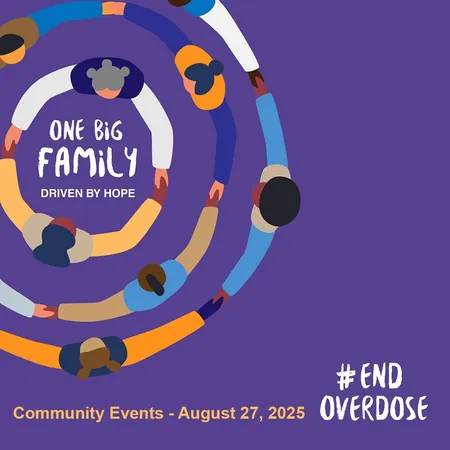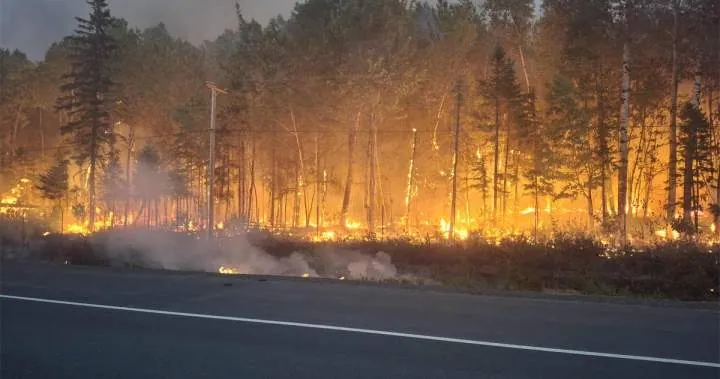
The Urgent Call for Wildlife Rehabilitators as Avian Flu Threatens Our Ecosystems
2025-06-17
Author: Charlotte
Dr. Sherri Cox: A Pioneering Force in Wildlife Rehabilitation
In a world increasingly threatened by avian flu, Dr. Sherri Cox stands at the forefront of wildlife rehabilitation. As part of the first group to diagnose the alarming 2022 strain of avian flu in North American mammals, her journey began nearly 25 years ago.
From Corporate Life to Wildlife Lifesaver
Dr. Cox’s transformative path started during a vacation gone awry. While volunteering in Spain during a catastrophic oil spill that devastated countless seabirds, she witnessed the tragic sight of a trembling northern gannet, a moment that reshaped her future. "How can I return to a corporate job knowing so many wild animals are in jeopardy?" she reflected.
Choosing purpose over profit, Dr. Cox pursued veterinary studies and co-founded the National Wildlife Centre (NWC) in 2014, where she now serves as volunteer medical director, treating everything from bears to foxes and a myriad of other wildlife victims of human actions.
A Turning Point in Avian Flu Research
In 2022, her center became a vital player in avian flu research when young foxes exhibited strange neurological symptoms. Recognizing a troubling pattern, she submitted samples for testing and made a groundbreaking discovery: her team became the first to confirm the presence of highly pathogenic avian influenza (HPAI) in North American mammals.
This surprising revelation highlighting the flu’s neurological effects rather than just respiratory symptoms has sent shockwaves through the scientific community. Some foxes died, while others mounted a surprising recovery, hinting at complex interactions between wildlife and diseases.
Rehabilitators: The First Line of Defense
Dr. Cox emphasizes the critical role of wildlife rehabilitators: "If we don’t intervene, sick animals may be mistakenly handled by the public, leading to catastrophic consequences for both wildlife and livestock." Her outreach has warned fellow rehabilitators to be vigilant, especially regarding potentially infected fox kits.
A Living Laboratory for Global Science
Beyond avian flu, Dr. Cox’s research has tackled an array of wildlife health hazards, including neurotoxin exposure and lead poisoning in trumpeter swans. Her innovative team is developing portable x-ray technology for faster field diagnostics, showcasing the dynamic and proactive nature of wildlife rehabilitation.
Inspiring Future Generations
As the director of the University of Guelph’s Master of Wildlife Biology, Cox aims to inspire the next wave of wildlife veterinarians and rehabilitators. With habitats diminishing and climate change exacerbating threats to wildlife, she passionately calls for increased funding and training for new professionals.
"We must fortify our defenses against wildlife crises," she insists. "Too many doors are yet to be opened in this field." With ongoing questions about avian flu's resurgence and its implications, Dr. Cox remains a steadfast guardian of wildlife health.
Join the Fight for Wildlife Recovery
The National Wildlife Centre operates tirelessly, seven days a week, to rescue sick and injured animals. For those looking to contribute or report wildlife emergencies, the center's hotline is open for calls. Addressing the avian flu challenge and protecting our precious ecosystems starts here.









 Brasil (PT)
Brasil (PT)
 Canada (EN)
Canada (EN)
 Chile (ES)
Chile (ES)
 Česko (CS)
Česko (CS)
 대한민국 (KO)
대한민국 (KO)
 España (ES)
España (ES)
 France (FR)
France (FR)
 Hong Kong (EN)
Hong Kong (EN)
 Italia (IT)
Italia (IT)
 日本 (JA)
日本 (JA)
 Magyarország (HU)
Magyarország (HU)
 Norge (NO)
Norge (NO)
 Polska (PL)
Polska (PL)
 Schweiz (DE)
Schweiz (DE)
 Singapore (EN)
Singapore (EN)
 Sverige (SV)
Sverige (SV)
 Suomi (FI)
Suomi (FI)
 Türkiye (TR)
Türkiye (TR)
 الإمارات العربية المتحدة (AR)
الإمارات العربية المتحدة (AR)